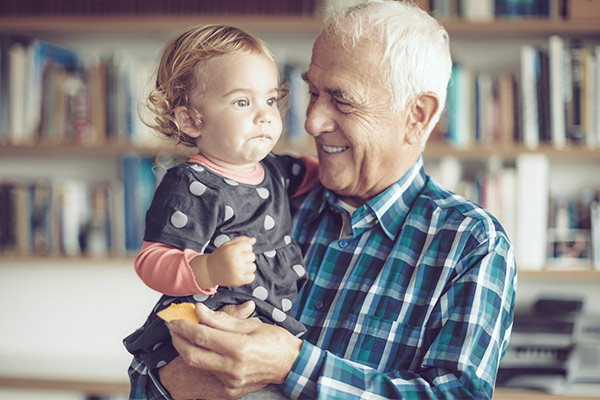We assist a family by assessing their needs, getting all information regarding the senior’s physical health, mobility, social behavior, any special health or dietary needs, cognitive level, hobbies, activity level etc.
The family members are usually the primary decision makers and are very important to the transition. We personally meet with them find out the current situation or circumstances they need help with. From there we determine an action plan to help achieve the ultimate outcome. Many times there has already been some sort of incident with health (declining), a fall or too many falls, etc. It may start with the doctor saying that mom or dad can no longer live at home unassisted; it is now up that family member to act. We help that family member define the ideal scene and make that the reality.
Since the options for home care, and retirement living are plentiful, the search can be overwhelming and can slow down the actions needed to change the condition. We cut that time down because of our knowledge and experience. The children of seniors often have duties and responsibilities of their own to deal with and not as much time as they would like to tend to the care needs of their aging parents care needs. We are ready to join in and help solve those needs quickly and professionally.


